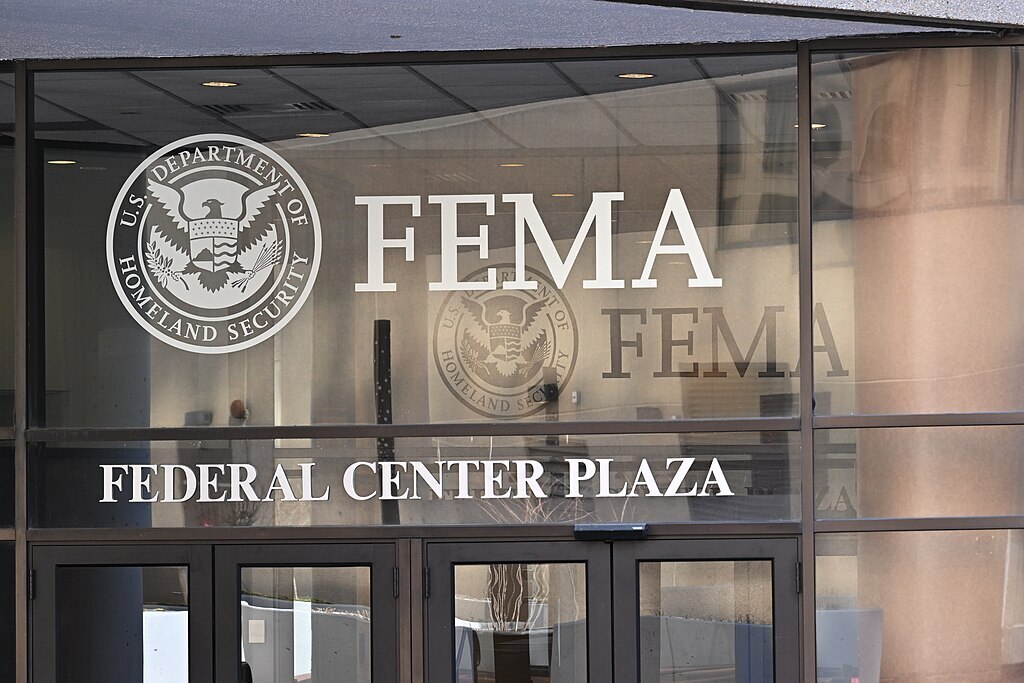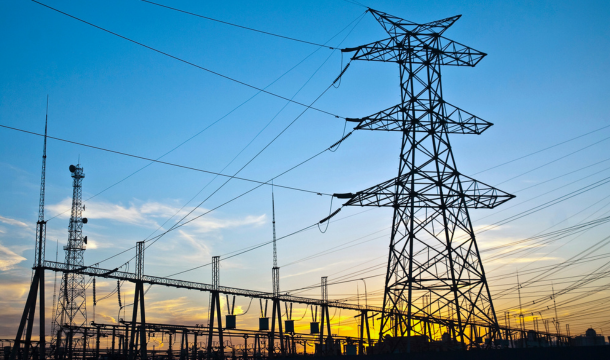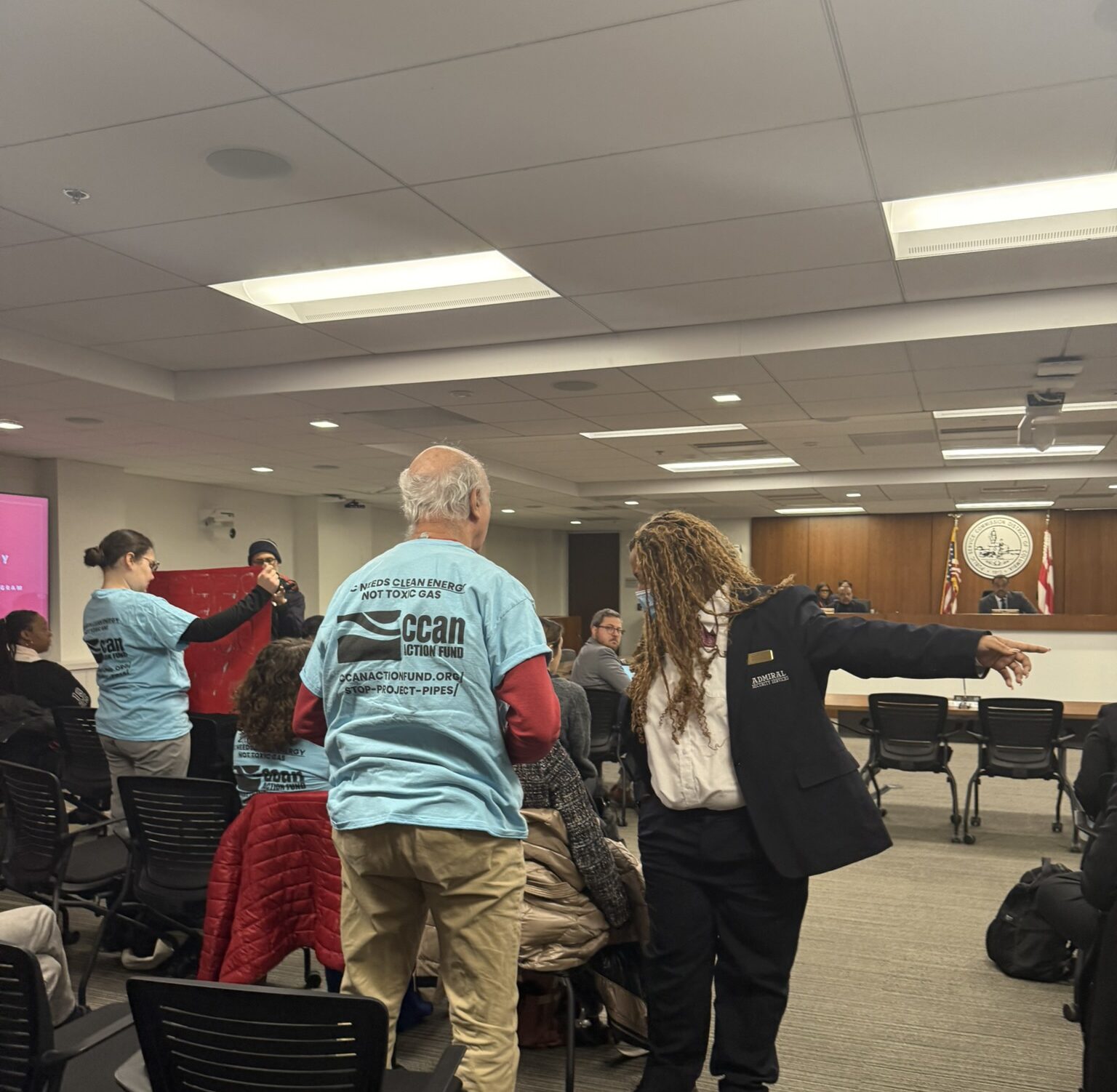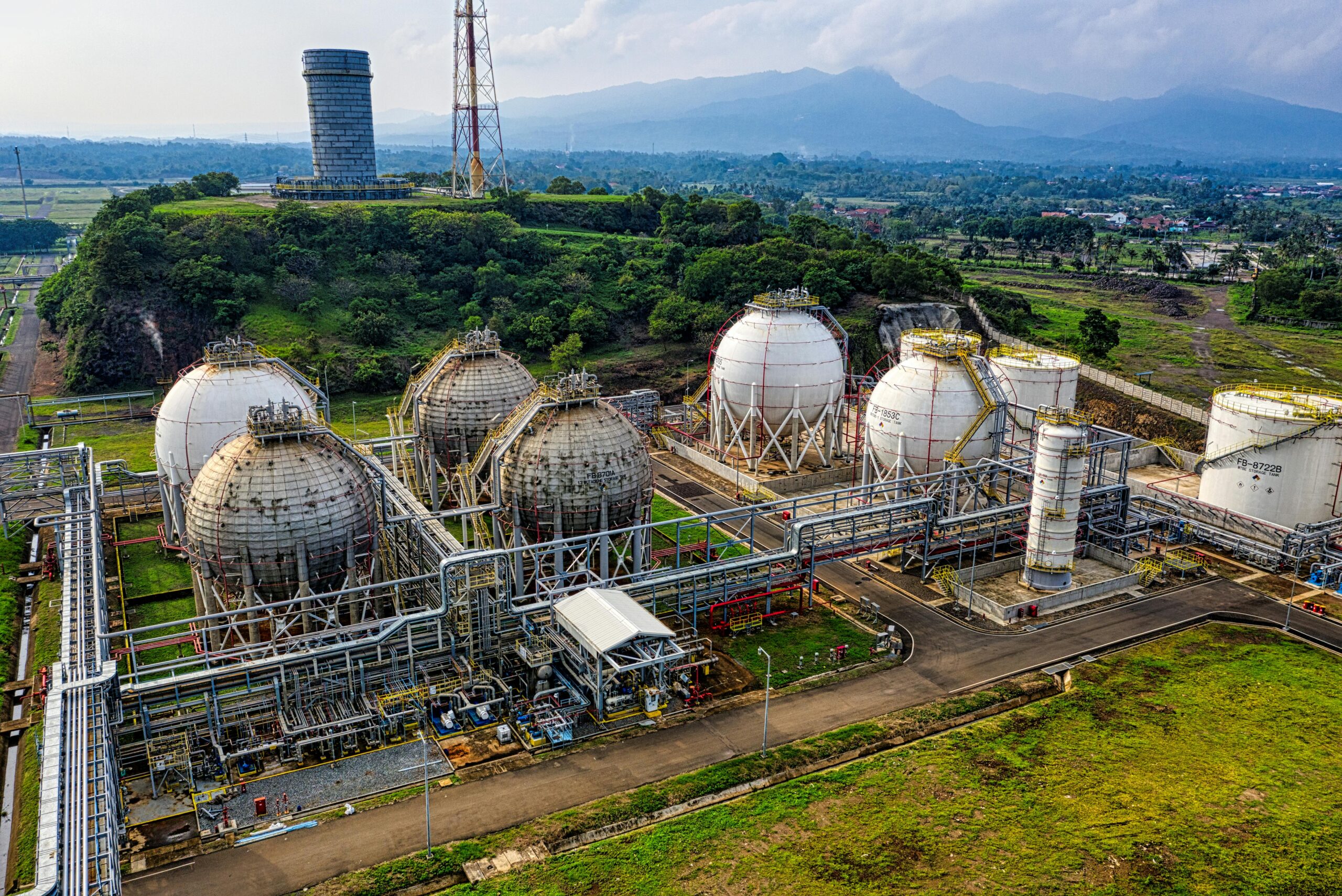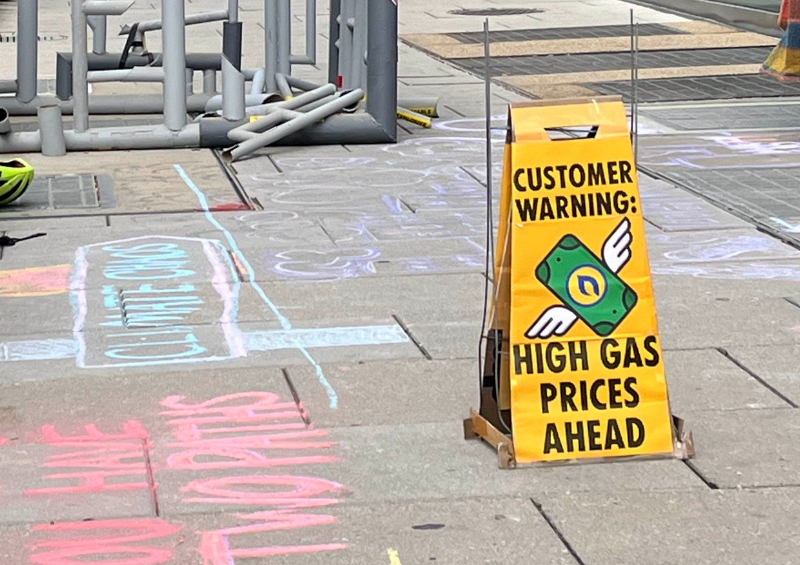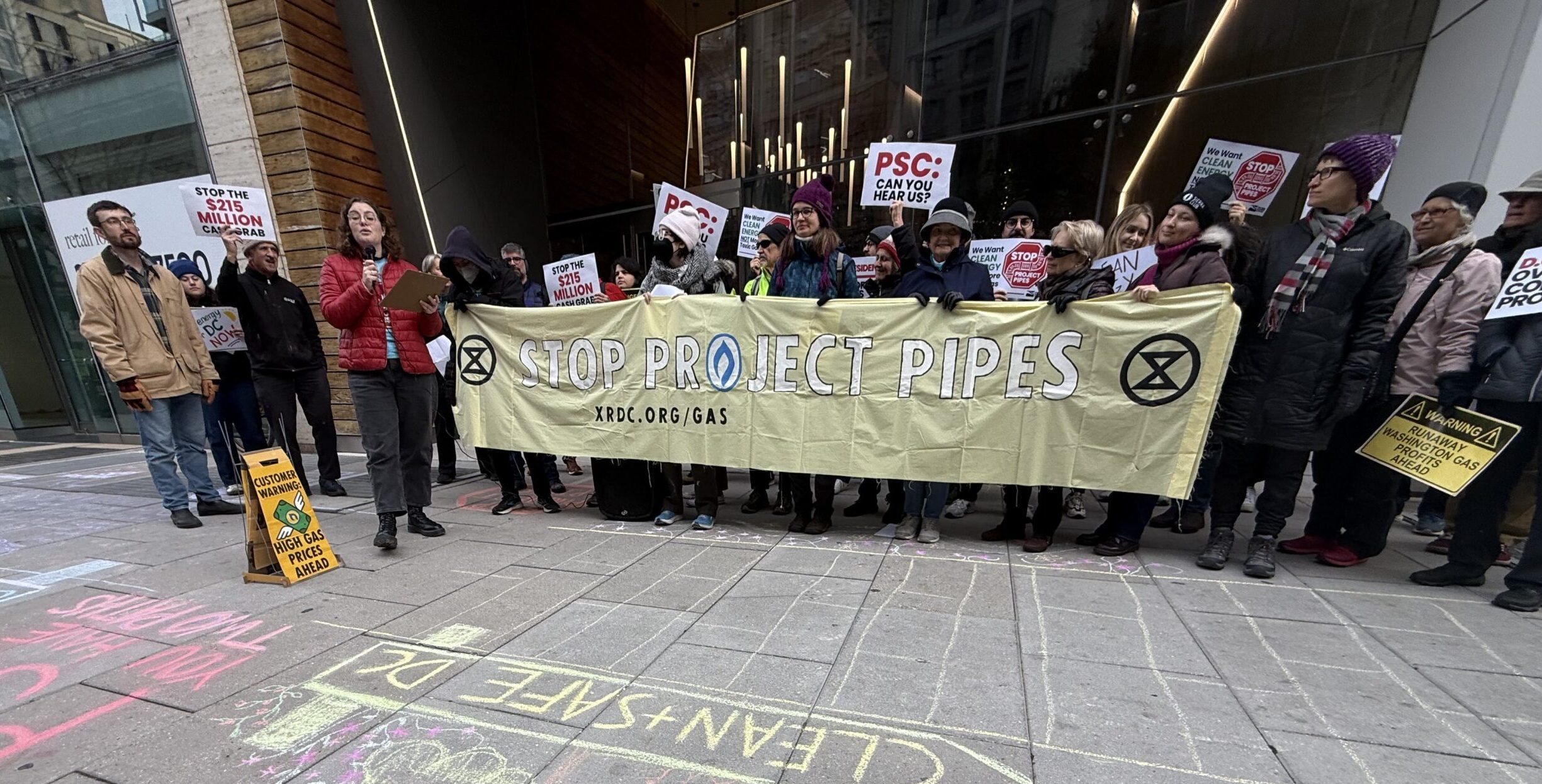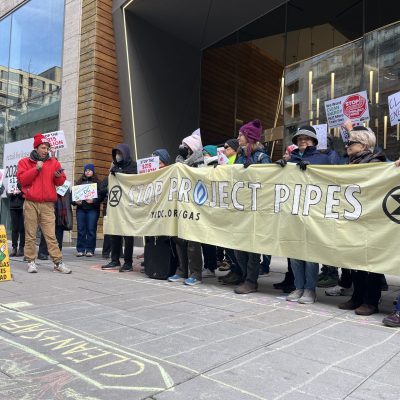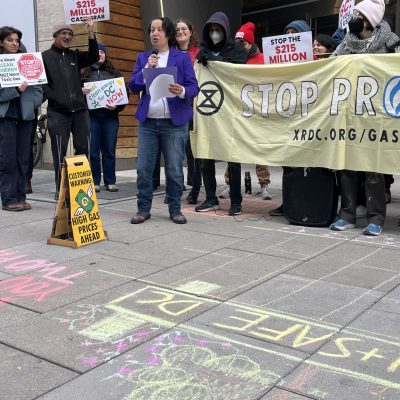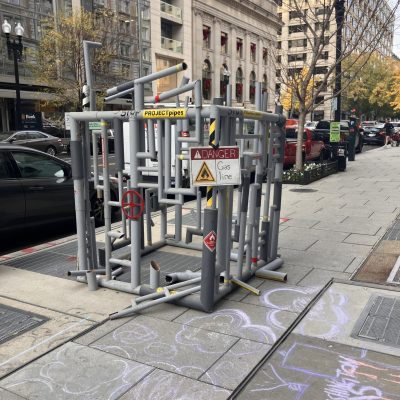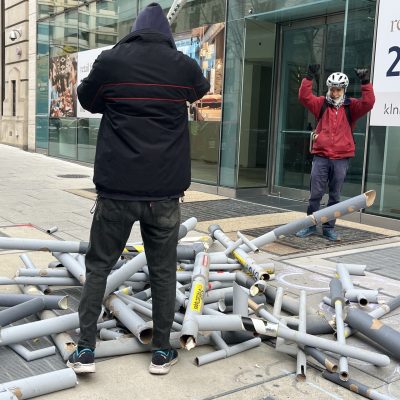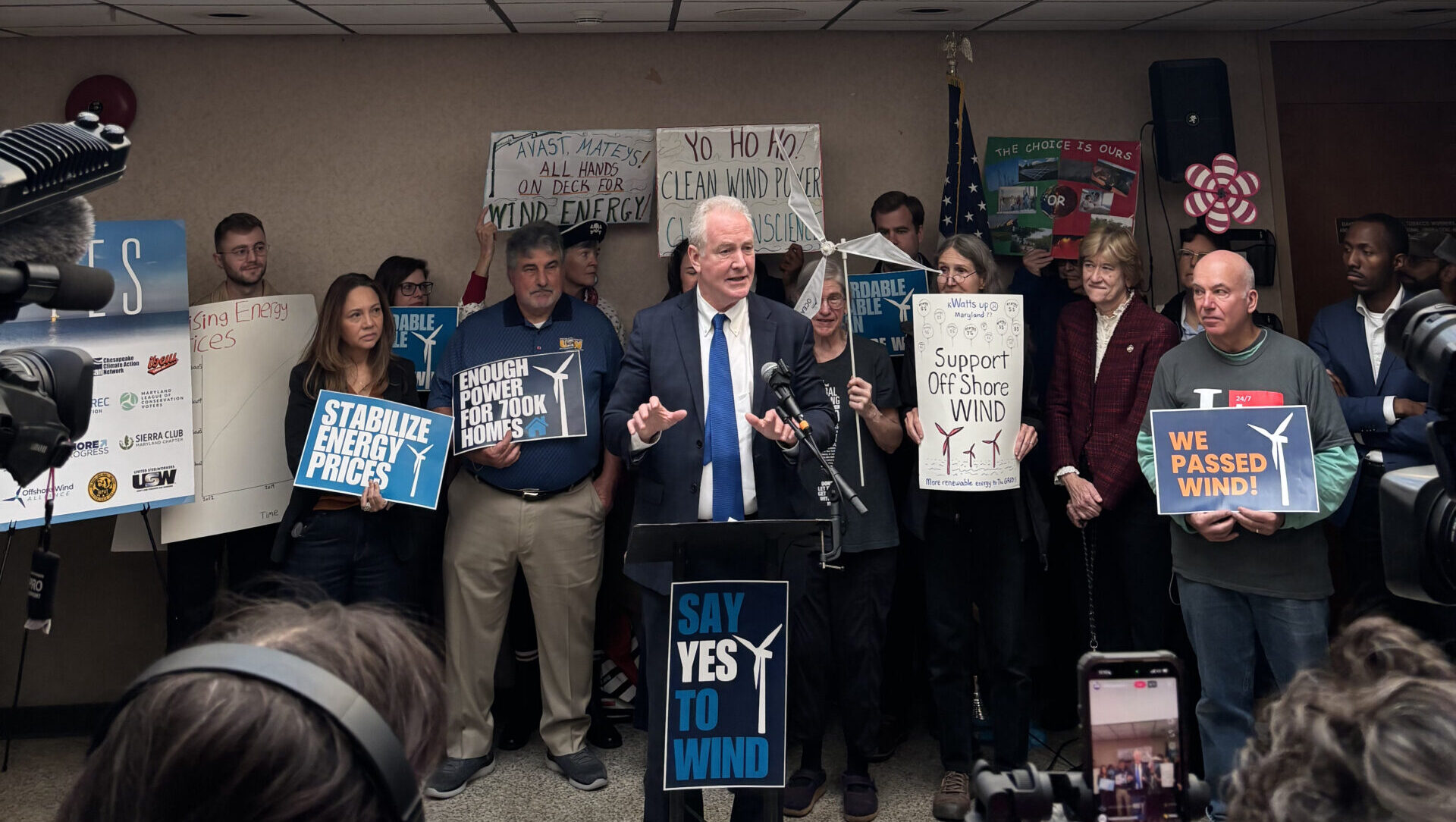Lawmakers and other stakeholders sought to enact new policies that would have driven down power prices, but PJM Board of Managers did not adopt them
WASHINGTON, D.C. — PJM Interconnection, the entity that manages the regional grid serving Maryland and other states, today issued their long-awaited position on the Critical Issue Fast Path (CIFP) aimed at addressing rapidly growing energy needs of new data centers. This move follows a November stakeholder vote that failed to gain consensus as to any one CIFP proposal, a December capacity auction in which PJM, for the first time, failed to meet its grid reliability reserve target, and today’s announcement from the White House and the governors of the 13 states PJM serves.
PJM’s recommendation comes as data centers look to add 30 gigawatts of energy demand to the grid in the coming years. Without any protections, this new data center load could cost the average ratepayer an additional $70 a month. On November 19th, 2025 PJM members voted on different potential solutions to the costs created by data centers. At that voting session, the comprehensive proposal that got the most votes was one that would not allow data centers to connect to the PJM grid until there is sufficient generation to provide electricity to those facilities. This Bring Your Own Generation (BYOG) approach is broadly supported by stakeholders. Advocates from across the PJM region recently sent a letter to PJM urging support for a Bring Your Own Generation requirement.
However, in their CIFP proposal, PJM rejected BYOG proposals that would have ensured new data center load is matched with equivalent new generation. Instead PJM is creating a new expedited interconnection process that will be biased towards fossil fuels.
“Under PJM’s proposal there are still not sufficient protections for ratepayers,” said Del. Lorig Charkoudian, vice chair of the House Economic Matters Committee. “The primary fast tracking of energy PJM is doing is biased towards fossil gas. Given that solar and batteries are the fastest, cheapest way to provide new generation, this is another example of PJM serving for-profit energy companies and not families who can’t afford their energy bill.”
PJM’s Board of Managers officially recommended that:
- PJM launch a Reliability Backstop Procurement, which will allow new gas plants to skip the line and get connected to the grid before clean energy projects which have been waiting to connect for years.
- Improve PJM’s process of projecting demand growth.
- Allow data centers to connect to the grid more quickly if they choose to bring their own generation.
- Data centers that do not bring their own generation will lose access to the grid first in a scenario where the grid can not meet the demand of the grid
- Review the reliability pricing model that PJM currently uses.
- PJM request feedback on extending the capacity auction price cap for the next two years.
While some of these proposals have the potential to partially lower the cost spikes associated with data centers, the proposal fails to take the two most necessary actions: enacting firm requirements that data centers bring their own generation and allowing clean energy to connect to the grid faster.
“The fastest way to reduce energy costs is to build the clean energy waiting on PJM’s approval to connect to the grid. However, instead of deploying the clean energy projects already in their queue, PJM is beginning a new process that will favor fossil fuel power plants,” said Quentin Scott, Federal Director at Chesapeake Climate Action Network.
The proposal put forward by the PJM Board of Managers will now be reviewed by PJM stakeholders before being sent to the Federal Energy Regulatory Commission for final review.
# # #
Chesapeake Climate Action Network is the first grassroots organization dedicated exclusively to raising awareness about the impacts and solutions associated with global warming in the Chesapeake Bay region. Founded in 2002, CCAN has been at the center of the fight for clean energy and wise climate policy in Maryland, Virginia, Washington, DC and beyond.

